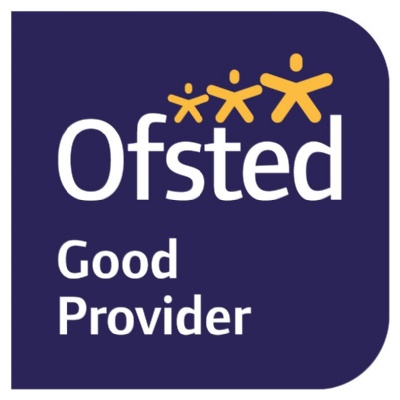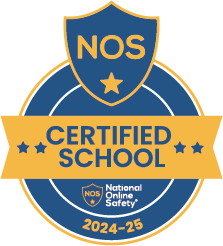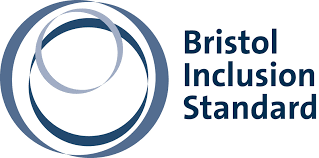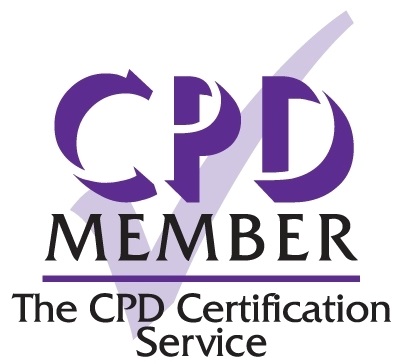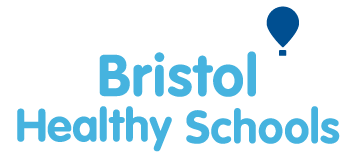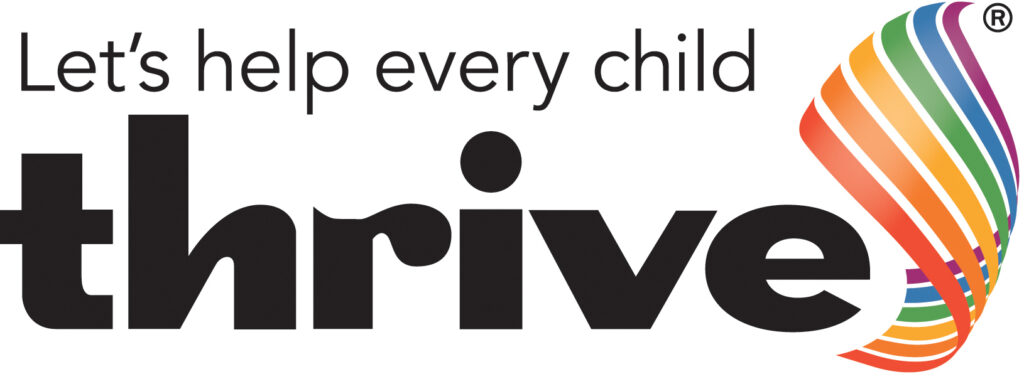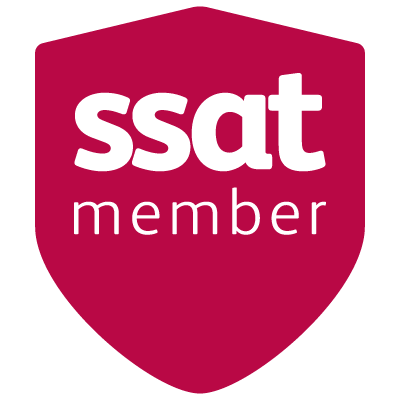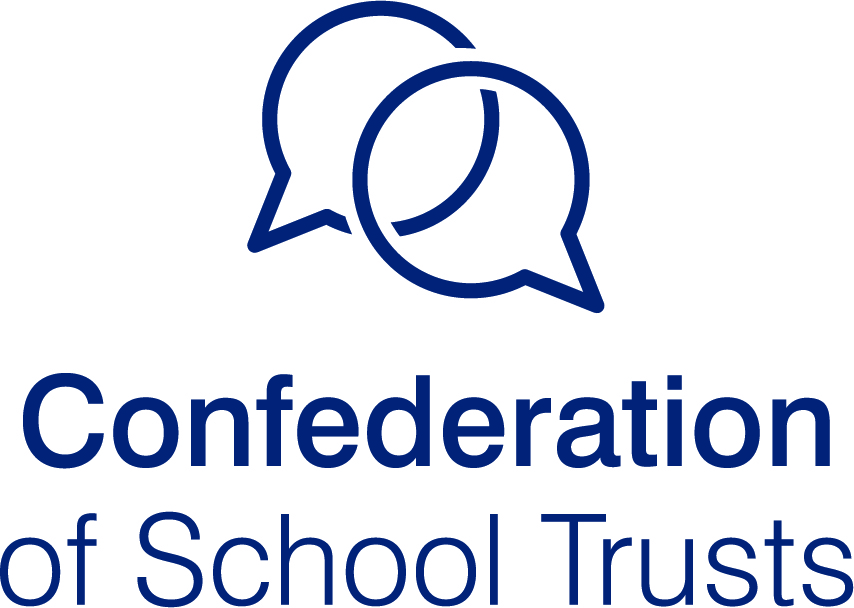PSHE Curriculum Statement
PHSE Curriculum Statements
Intent Overview:
At North Star 240°, we believe that every student has the right to access a personalised curriculum which supports their individual needs, interests and experiences. Our PSHE curriculum has been designed to mirror on the needs of our students depending on our contextual data.
PSHE aims to develop the whole child through carefully planned and resourced lessons that develop the knowledge, skills and attributes children need to protect and enhance their wellbeing. Through the lessons, children will learn how to stay safe and healthy, build and maintain successful relationships and become active citizens, responsibly participating in society around them. It fulfils the requirements of 2020 Statutory Relationships, Sex and Health Education, setting these learning intentions in the context of a broad and balanced PSHE curriculum.
PSHE education also makes a significant contribution to students’ spiritual, moral, social and cultural (SMSC) development, their behaviour and safety, and to their emotional wellbeing.
Intent statements:
For this purpose, we aim to embed the following through our curriculum:
- The primary focus of our PHSE intent is to support mental wellbeing of our students protective and reactive strategies.
- Develop skills such as self-esteem, risk-management, teamwork and critical thinking.
- Speak openly and participate in healthy debates.
- Identify their interests and develop their passions and own values.
- Find out about themselves, the wider world and their place in it.
- Develop their confidence, resilience, happiness and well-being.
- Understand and be part of a healthy relationship.
- Be prepared for potential employment, within the wider world.
- Increase understanding of the present through the understanding of topical issues (e.g. gangs, alcohol, drugs, online safety (4Cs) Develop a sense of safety within the community they live in.
- Understand the role of money in their lives and develop skills to manage money becoming critical consumers and managing risks associated with money
- Develop an interest in themselves, their community and the world, arousing their curiosity and motivation to learn.
- Develop an awareness of extremism, radicalisation and British Values.
- Understanding how families form, as a result of separation, divorce and the impact this has on emotional wellbeing.
- Understanding the facts and the law about sex, sexuality and sexual health in an age-appropriate way.
Implementation Overview:
We have drawn on guidance from the PSHE Association in revising our Curriculum Framework for PSHE to ensure that it meets the needs of our students in today’s changing society. The Framework identifies the key concepts and skills that underpin PSHE education and helps us to fulfil our statutory responsibility of delivering RSE (Relationship and sex education) and spiritual, moral, cultural, mental and physical development, as well as prepare students for the opportunities, responsibilities and experiences of life.
PSHE education is integrated into the curriculum throughout KS3 and KS4; and is delivered using an overarching theme for each term: Health and Wellbeing, Relationships and Living in the Wider World. Our implementation of PSHE ensures that learning is revisited, reinforced and extended in age-and stage-appropriate contexts.
Implementation Statements:
- All staff have necessary training based on the contextual needs of our students. We implement our curriculum through proven scientific methods. For example, trauma informed schools UK.
- KS3 have 2 PSHE lessons in a week and KS4 have 3 30-minute sessions of PSHE/RSE in a week as part of their tutor time.
- All lessons are taught by qualified teachers with teaching assistants supporting the lessons.
- We have developed strong links with the PSHE Association and adapt their resources to the needs of our students.
- The PSHE sequencing model has been designed reflecting on key contextual data.
- Making links to the wider curriculum through awareness days and whole school assemblies.
- PHSE makes explicit links to the 4 strands of SMSC ensuring students have holistic experience.
- Working closely with outside agencies such as Off the record, TOPAZ, Creative Youth Network, St Giles Trust, CAMHS, Bristol Drugs Project, Brook – Sexual Health, Local policing Teams, Safer Options Teams, Primary Mental Health Specialists, School Nursing team, BASE, Sixteen – careers and Bristol Works – careers
- Subject leadership ensures we regularly monitor the quality of education where we make further adaptations to the curriculum.
- Key legislation is used in implementing our curriculum for example- Keeping Children Safe in Education, Equalities Act, SEND Code of Practice.
- Knowing the importance of PSHE within our curriculum CPD opportunities are ongoing that includes- Peer on Peer abuse, Safeguarding, Drugs and Alcohol training, FGM, Online Safety.
- PHSE will make links with other subject, in particular Science (puberty, reproduction). Also, PE and Catering, understanding how to lead healthy lives.
- Formative assessment in lessons to identify individual needs and to inform future lessons.
Impact Overview:
Our students will leave school equipped with the necessary skills and tools to stay happy and safe maintaining successful relationships in the wider world and become responsible citizens.
Impact statements
Through our PSHE curriculum and quality implementation we hope to achieve:
- Improvement in attendance (attendance data)
- Improvement in behaviour (behaviour data)
- Positive trends in SNAP B data
- Positive stakeholder data (pupil, parent, and staff questionnaires)
- Reduction in bullying incidents
- A board and range of evidence, that indicates a full coverage of the SMSC strands.


